From the Swiss Alps to Down Under, Parsi home chefs guarding a rich culinary tradition in distant lands speak to Sunday mid-day

Representation Pic
In bustling cities and quiet suburbs, far from their homeland, passionate Parsi cooks are meticulously recreating the comforting dishes of their ancestors, balancing day jobs and other responsibilities. Made using family recipes passed down through generations, each dish is rich with aromatic flavours and steeped in nostalgia. Sometimes, these meals are prepared for fellow community members, while other times, they introduce new food lovers to the delights of Parsi cuisine, ensuring this cherished culinary legacy continues to thrive across the globe. Sunday mid-day reached out to a few of them who shared their heartwarming journey and dreams.
ADVERTISEMENT
Jimi Keky Khan, 41 Businessman, Sydney
Fourteen years ago, Jimi moved to Sydney, Australia, in search of better opportunities for his family. Like anyone embarking on a new life in a foreign country with no family or friends, the transition was a mix of highs and lows. “The only thing that brought us comfort were home-cooked meals, which were reminders of home,” recalls Jimi, who misses family gatherings at Navjotes and weddings, where the famous Godiwala Catering is always a highlight. Other than that, it’s the nukkad style Chinese and vada pav with ghati masala, the pomfret and surmai at Gajalee, and the pani puri and sandwich from outside Jewel Mahal in 7 Bungalows, Andheri. “It’s hard to say if it’s the air, the water, or the memories, but although you can find these dishes here, they don’t taste the same,” he smiles.
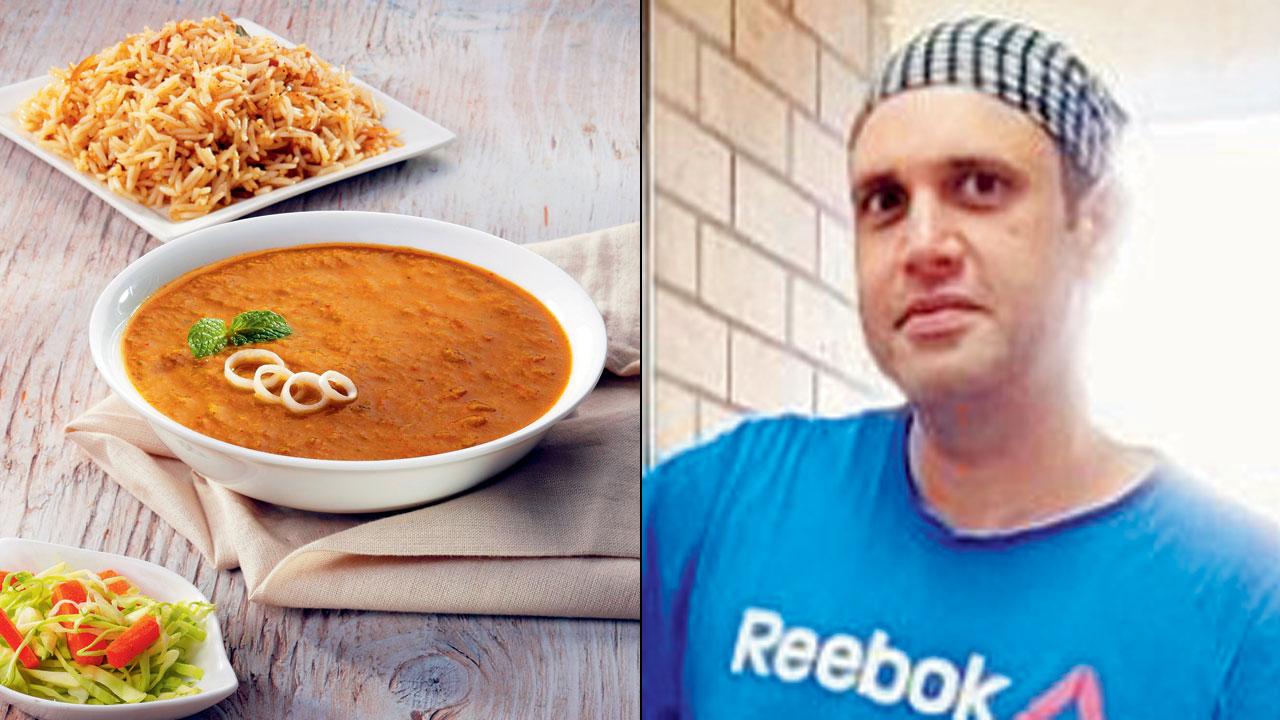
What started as a hobby—cooking Parsi dishes for friends from the community—gradually evolved into a tiffin service and catering orders. The menu features beloved dishes like patra ni macchi, salli boti, mori dal with a side of masala fried prawns or fried chicken kebabs, mutton or chicken dhansak with caramelised basmati rice, ras chicken, keema par edu, keema pav, chicken or machi ni saas, Parsi ravo, and lagan nu custard. For Jimi, this endeavour isn’t a business; it’s keeping Parsi traditions alive and sharing them with others.
“I miss the Sunday ritual at home when my mum would make some variation of dhansak, and we would eat it for breakfast with kadak brun pav, followed by a late lunch of dhansak with caramelised rice and kachumber. Not every Sunday, but we try to keep the tradition alive, here, and it transports me back to Bombay.” Fortunately, Jimi hasn’t had to alter his recipes much, as most ingredients are available in Sydney. However, he has had to tone down the spice levels for the Australian palate. Finding good pomfret has been challenging, so he substitutes it with snapper or barramundi in his patra ni macchi but admits it’s not the same. He avoids altering traditional dishes too much—”they’re rooted in tradition for a reason.”
While on holiday up north with his parents, they spotted dhansak on the menu at an Indian restaurant, only to find it was just chana dal. After sharing some laughs with the chef, they revealed their Parsi background and spent hours showing him how to make authentic Dhansak. “He was thrilled; it was a great opportunity to showcase our cuisine.”
Hira Wadia, 62, Homemaker, Dubai
In March 2008, Hira Wadia moved to Dubai with her husband and two daughters when he accepted a job there. “The transition was smooth because Dubai is such a comfortable and fantastic place to live, and the company took care of all our needs. I don’t miss Mumbai much, except for my close family. I visit almost every three months to catch up with family and friends, take care of bank work, and shop for items to bring back to Dubai,” says Hira.
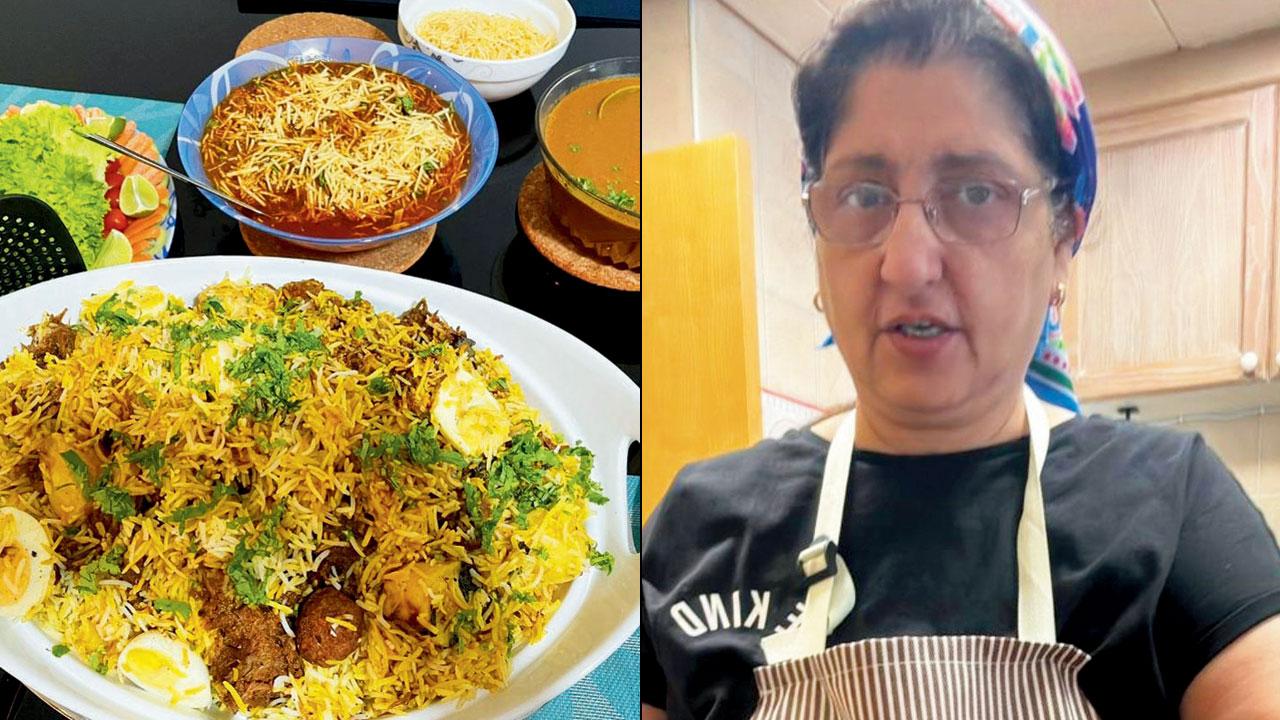
Her love for cooking blossomed at her Zoroastrian Colony home in Tardeo, inspired by her mother, who was a great cook despite being a working parent. Her cooking journey began out of necessity—her mother often left half-prepared meals with instructions for Hira to finish after school. Even after moving to Dubai, she continued calling her mother for tips on mastering certain recipes.
Hira’s nephew, Delzad Avari of Delz Kitchen in Mumbai, trained as a chef at Le Cordon Bleu, London. During the lockdown, when Hira was stuck in Mumbai for five months, she enjoyed experimenting with new dishes alongside Delzad and helping him create cooking videos on YouTube. “Parsi cuisine is incredibly unique,” she says. “No matter where you cook it, if you have the right masalas, the dish will taste as it does in Mumbai.” Although Indian grocery stores in Dubai are well-stocked, Hira still sources all her Parsi masalas from the same shop in Mumbai her mother has relied on for over 50 years.
Many Parsis who miss the taste of home regularly order from her, especially since traditional Parsi dishes aren’t available in Dubai’s restaurants. Beyond the exotic wedding dishes like patra ni machhi, salli boti, and pulav daal, on special occasions like Parsi New Year and Navroz, she creates a special menu filled with festive dishes that unite the community.
“The feedback I receive from my customers is heartwarming—what more could I ask for? I always inform my customers to order in advance for these special occasions to avoid disappointment, Yet, I get last-minute calls and heartfelt pleas to accommodate just one more order. Anticipating this, I always make a little extra because I know how important it is for them to have a Parsi meal on New Year’s Day.”
Hira cherishes the vibrant Parsi community in Dubai, where members who have lived there for over 50 years organise events that bring together Parsis from all over the UAE and even Muscat, Oman, to feast and celebrate. These gatherings keep their heritage of eating, drinking, and enjoying life alive. “For me, Parsi cooking is more of a passion than a source of income. The joy and satisfaction from positive reviews motivate me to keep doing what I love.”
Advice to home chefs abroad: “I’ve heard that Parsis living in countries like the USA, Canada, and Australia continue the tradition of gathering for events where Parsi chefs cook traditional dishes for everyone to enjoy. Knowing that many Parsi home chefs keep our culinary traditions alive worldwide is heartening. In the past, this type of home catering was primarily done by Parsi homemakers who excelled in cooking. But now, I’m seeing a new generation taking a keen interest in Parsi catering and carrying our food traditions forward.”
Delna Doomasia, 53, Cabin Crew, London
Delna Doomasia moved to the UK in 1995 with hopes of starting anew after her time in Hong Kong. “The transition was tough,” she admits. “Living alone in Hong Kong made me independent, but adjusting to London’s cold and quiet was challenging.” The shift from a bustling Mumbai to a more subdued London was a significant change, compounded by raising a family with minimal help. “For 13 years, my career took a backseat. My family meant everything to me, and I’m incredibly proud of my children.”
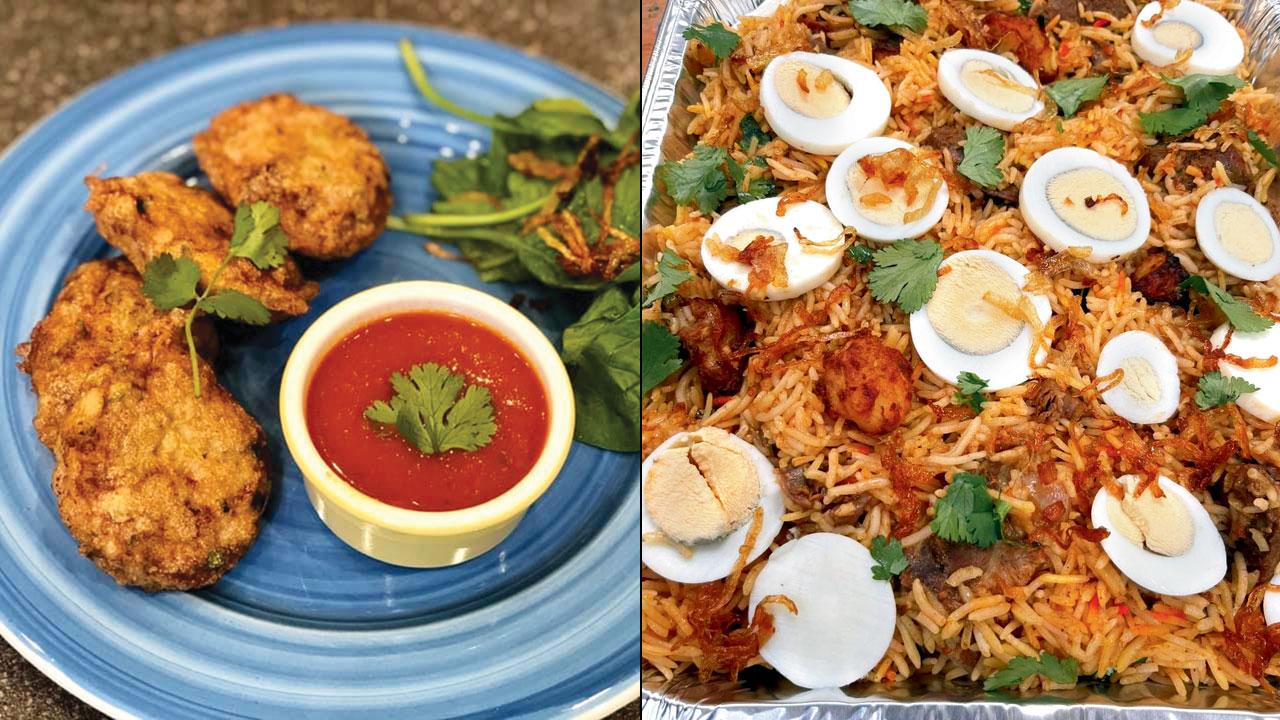
While she missed the warmth of Mumbai and its vibrant street food, Delna embraced London as her new home. “In Mumbai, you could get anything at any time, especially my beloved street foods. But with so many friends moving away, I adapted to calling London home.” Her passion for cooking was reignited during the COVID-19 lockdown when friends urged her to share her recipes. This led her to start a vlog and eventually turn her cooking into a business. “I began with biryanis, but soon Parsi dishes like khichdi kheemo and dhansak became popular.” Cooking Parsi food twice a week has brought her immense joy and fulfilment. “I love feeding people and making them happy through food. It’s a deeply satisfying experience.”
Delna still works part-time for British Airways to support her culinary endeavours and caters for events, including large celebrations like Navroz. “I cater for everything from small gatherings to big events, and I even donate half of the proceeds from some events to charity.” Cooking has always been close to her heart, thanks to her father’s influence. “Good food has always been important to me. In Bombay, I used to pick fresh ingredients from the market and decide what to cook. Here in London, I stock up on Parsi essentials whenever I visit Bombay.”
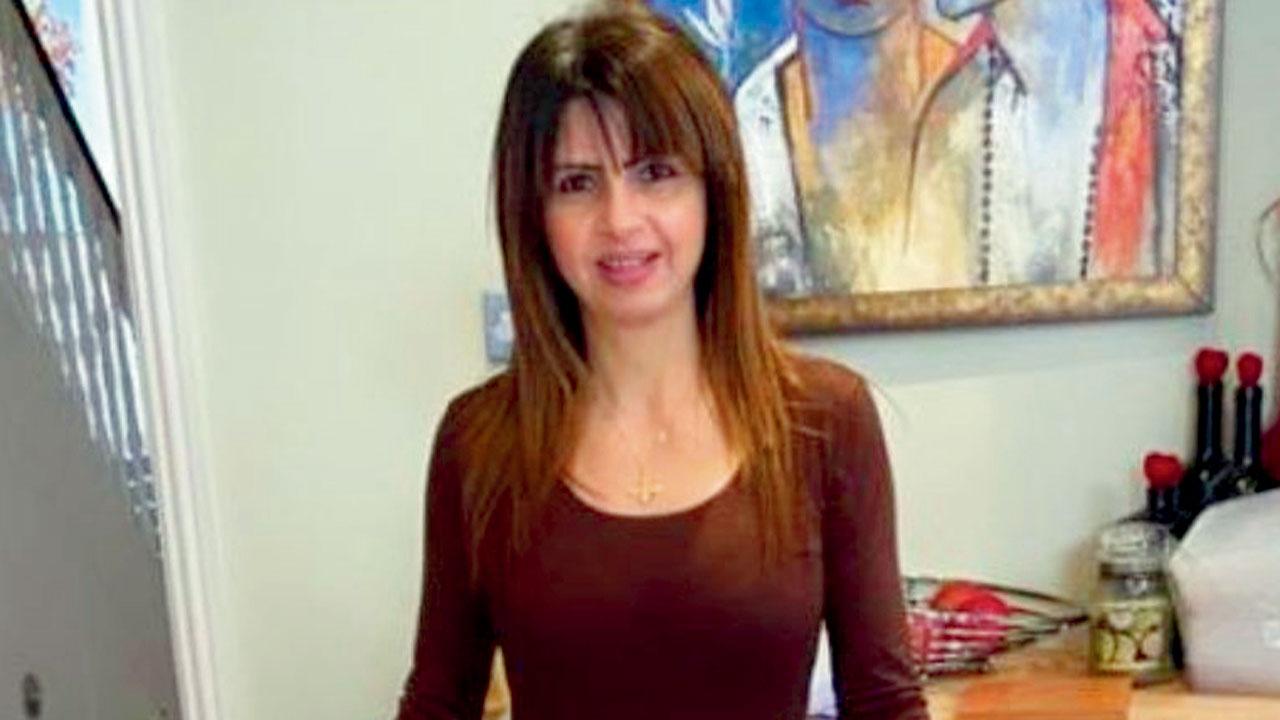
She cherishes her childhood memories, especially dishes like ras chawal, which she still makes for her family. “I’m proud to be Parsi. Our cuisine seems to be fading, and it saddens me.” Her clients, mostly British, appreciate the unique flavours of Parsi cuisine, and she dreams of opening a Parsi café one day. “Cooking Parsi food in the UK has made me realise that people are willing to pay for delicious, authentic ingredients. My advice is to start small, sell your heritage, and do it for personal fulfilment. Cooking has connected me with my roots and brought joy to many. We’re a small community, but people love us and our food. We’ve adapted dishes from our ancestors, making them our own, though we’ve lost touch with some traditions.”
“Word of mouth is powerful. I cook homemade food, other cuisines, and fantastic meals, teaching Parsi recipes along the way. When my son was 6, he asked me to share my chicken biryani recipe before I die—moments like these make it all worthwhile,” she says.
Homiyar, Rustom and Manashni Antalia Caterers, Switzerland
In 1987, Homiyar Antalya, 64, founded GourmIndia Services AG with a vision to bring genuine, high-quality Indian cuisine to travellers exploring Europe. Over the past 30 years, this vision has blossomed into one of the leading Indian hospitality brands in Europe, with six restaurants and cafés in Switzerland and catering services across the continent.
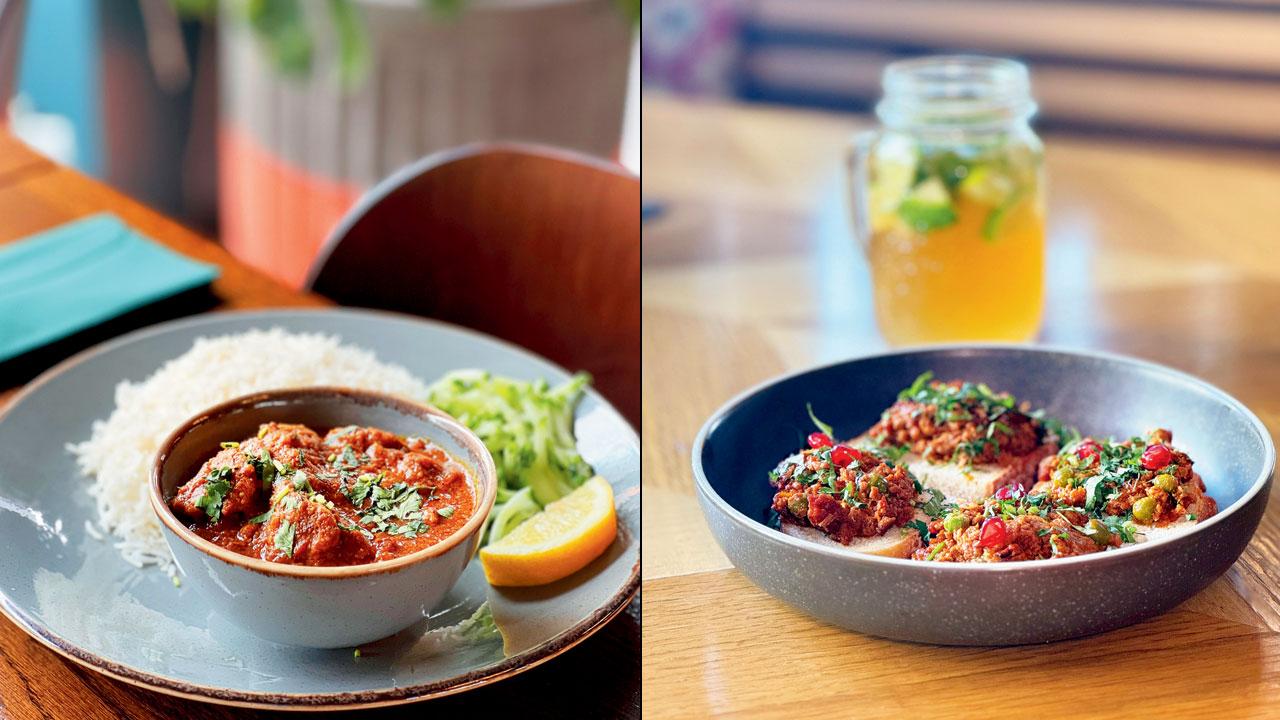
Incorporating Parsi dishes into the menu was initially met with scepticism, especially in Switzerland, where Indian cuisine was still relatively unknown. “It took years of dedicated effort to establish our brand in the European market,” his daughter Manashani explains, adding, “Today, we proudly showcase traditional Parsi dishes with a contemporary twist—think mini chicken farchas, sali boti tarts, Parsi chutney fish, and Irani kheema.
In recent years, GourmIndia has also become a hub for the Zoroastrian community in Switzerland, organising Navroz celebrations that draw a fantastic turnout. “Despite the community’s modest size, the enthusiasm is overwhelming,” his son Rustom shares, adding, “We serve chutney and egg pattice, sev, pulao, sali boti, dal chawal, lagan nu custard, and more.”
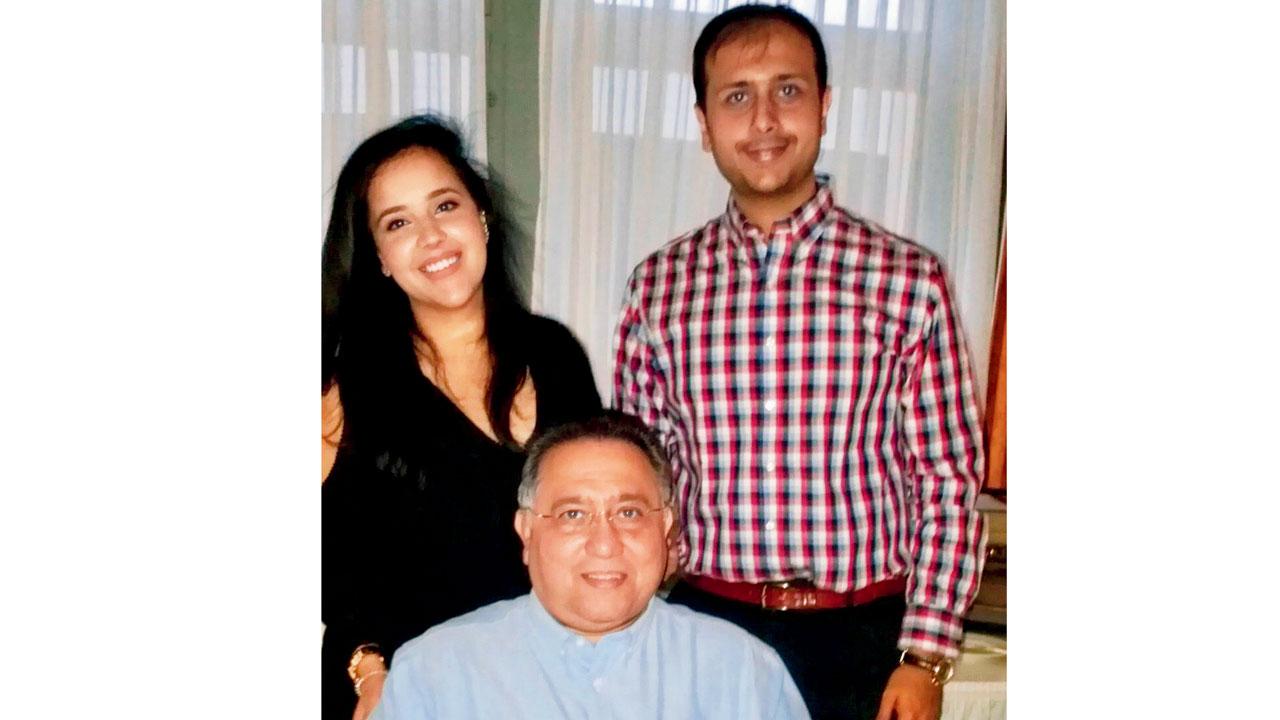
Homiyar was born and raised in AH Wadia Baug, in Lower Parel. “Bombay is home,” he says with a warm smile. “Our fondest memories, family, and closest friends are in our Parsi Colony. While we are fortunate to live and work in the picturesque Switzerland, nothing can match the warmth and liveliness of Bombay,” says Manashani.
For Homiyar’s children, Mumbai’s evolving food scene is one of its main attractions. “Our ultimate go-to dining spot is undoubtedly our mom’s kitchen,” she laughs. “But there are other must-try Parsi eateries, like Sassanian at Metro for their dhansak with kebabs, Tanaz Godiwalla’s legendary Sas ni machi and salli boti, and the Parsi Amelioration Committee at Grant Road for their delicious crust lattice.”
Perzen Patel, 37, Communications manager, Auckland
In Auckland, New Zealand, Perzen Patel skilfully balances her days as a communications manager and her nights and weekends as a devoted mom to two boys. Yet her heart lies in Dolly Mumma, a Parsi-inspired food business she founded. Her passion for her heritage shines through in every product she creates—from carrot chutney to coastal curry and beyond curry powder. She also leads food walks and holds cooking classes. Perzen’s journey is deeply rooted in her childhood, spent between the bustling streets of Mumbai and the serene landscapes of New Zealand.
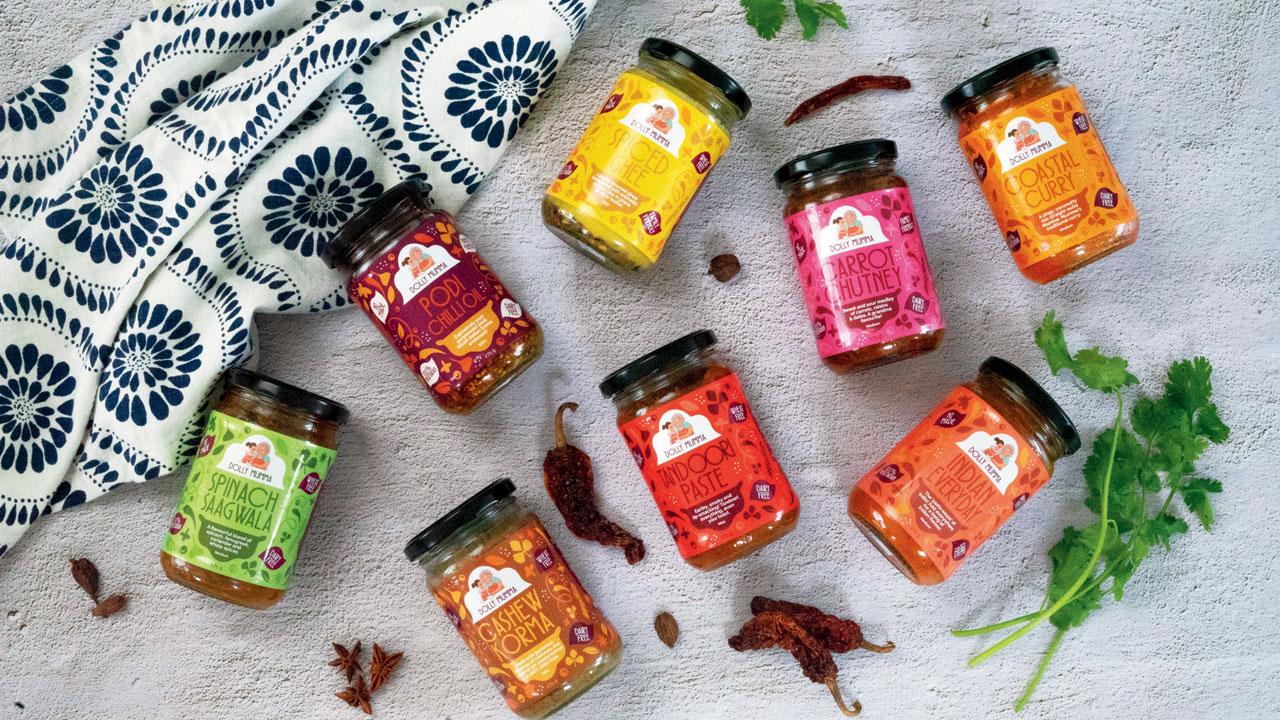
Here, she connected with the culinary world through her blog, BawiBride, which blossomed into a catering business centred around comforting Indian dishes. After returning to New Zealand in 2019, she hesitated to dive back into the food industry, but eventually launched a podcast called Kiwi Foodcast. Through this platform, she built connections within New Zealand’s food community and gained invaluable insights from fellow business owners. She couldn’t help but feel disheartened by the limited Indian food options available, often reduced to butter chicken and tikka masala. Determined to change this narrative, Perzen and her husband launched Dolly Mumma during the 2020 lockdown, focusing on curry pastes and showcasing the vast diversity of Indian cuisine.
“New Zealand is incredibly diverse, and you can find almost every ingredient you need at our local Indian shop,” Perzen explains. “But when it comes to dining out, Auckland, like many international cities, is still in the early stages of its Indian food evolution. We have areas of Auckland where you can find South Indian, chaat, thali, but I miss the flavours of Bohri, Maharashtrian, Bengali, and Rajasthani cuisine. Every time I visit India, my to-do list is really a to-eat list.” She admits, with a touch of nostalgia, that she even misses the Parsi wedding feasts she once took for granted.
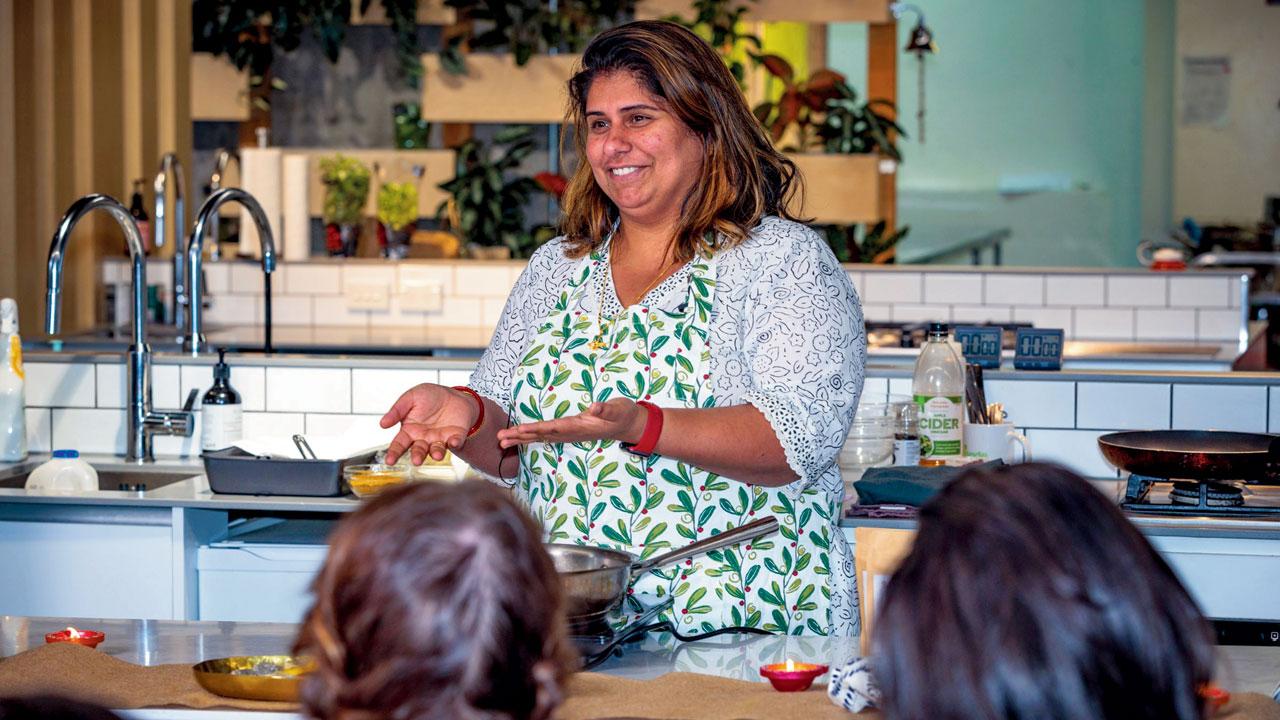
The Parsi community in New Zealand has supported Perzen, For special occasions like Navroz, she lovingly prepares traditional Parsi meals and sets up the Haft Seen table during Navroz (in spring), leaving her guests in awe. Through her Substack, “Beyond Butter Chicken,” Perzen documents her journey and dreams of one day publishing a cookbook that captures her love for the food she grew up with.
Perzen’s advice to home chefs abroad is both practical and heartfelt: “Meet your audience where they are. Our business primarily caters to Kiwis rather than just Indians or Parsis, so we had to broaden our offerings to include products they were familiar with. But don’t be afraid to take people on a journey. Humans love stories, and a good story holds immense power in the food space. Our traditions can be kept alive one story, one plate of food at a time.”
 Subscribe today by clicking the link and stay updated with the latest news!" Click here!
Subscribe today by clicking the link and stay updated with the latest news!" Click here!







